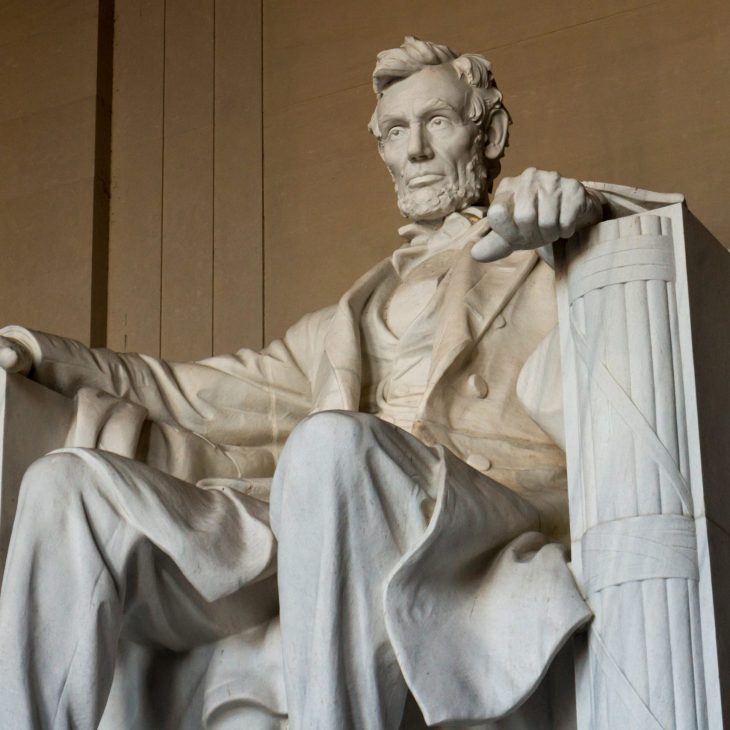
The Thanksgiving story is an old one told many times. And like all stories that withstand the test of time, it is ever relevant, as its retelling illuminates aspects of the present.
Recently, much about this holiday has, quite correctly, called into question how the primary Thanksgiving story has been used either to redact history or to deflect from and otherwise diminish what is fairly understood as genocide. Whether the story is a sheer exercise of revisionist history may be forever inconclusive. Did a peaceable feast between English colonists at Plymouth and their newfound Native neighbors ever happen in the way we imagine? The historical sources are quite scant…
The way the story functions in our society is another question altogether. In that regard, I am sensitive to the whitewashing of immense suffering and injustice wrought by the colonial devastation of the Indigenous throughout the Americas. The increased reckoning with the vicious aspects of U.S. history is a good thing, even as we recognize the virtuous. Origin story aside, I don’t want to lose how gratitude and thanksgiving are healthy virtues for any society – especially our own diverse democracy.
But that story isn’t the story I think has the most relevance on Thanksgiving. There’s another one, which happens to be the undisputed origin of our national holiday, one we might dwell on a bit more when we celebrate Thanksgiving. It was October 3, 1863, when Abraham Lincoln issued an official proclamation calling for a national “Thanksgiving Day” to be held on the last Thursday of November. The proclamation was widely disseminated in print by “The New York Times” on November 26, 1863, the first official Thanksgiving.
That text, call it our Thanksgiving offering, comes from “The New York Times” archive. Notice there is no mention whatsoever of “Pilgrims” or “Indians.” Rather it opens with two sentences that elevate the year’s constant bounties and blessings, and what Lincoln took to be their Divine Source. Such blessings are so resplendent that they “cannot fail to penetrate and soften” even the hardest of hearts. This was amid a brutal civil war, the outcome of which was far from certain. Lincoln gave thanks that things were not far worse, with no foreign interference in our internal war and that “peace has been preserved with all nations.”
Lincoln’s words gifting us with this holiday do not fail to acknowledge the devastating conflict. That “civil war of unequaled magnitude and severity” is not softened or glossed over despite his emphasis on bountiful blessings. I am reminded of how my custom of Christian prayer traditionally includes three basic kinds of it: petitionary, praise, and thanksgiving. The Coptic Mass I grew up with holds thanksgiving “under every condition,” always. The most we can do is honestly reckon with the brutalities of our lives and histories while never losing sight of the abundant miracles that sustain and nourish us daily.
Share
Related Articles
Interfaith Inspiration
Running Thread: “Curiosity May Have Killed The Cat…But You’ll Be Fine.”
American Civic Life
American Civic Life
What’s on America’s Thanksgiving Menu? Start with Religious Diversity.



